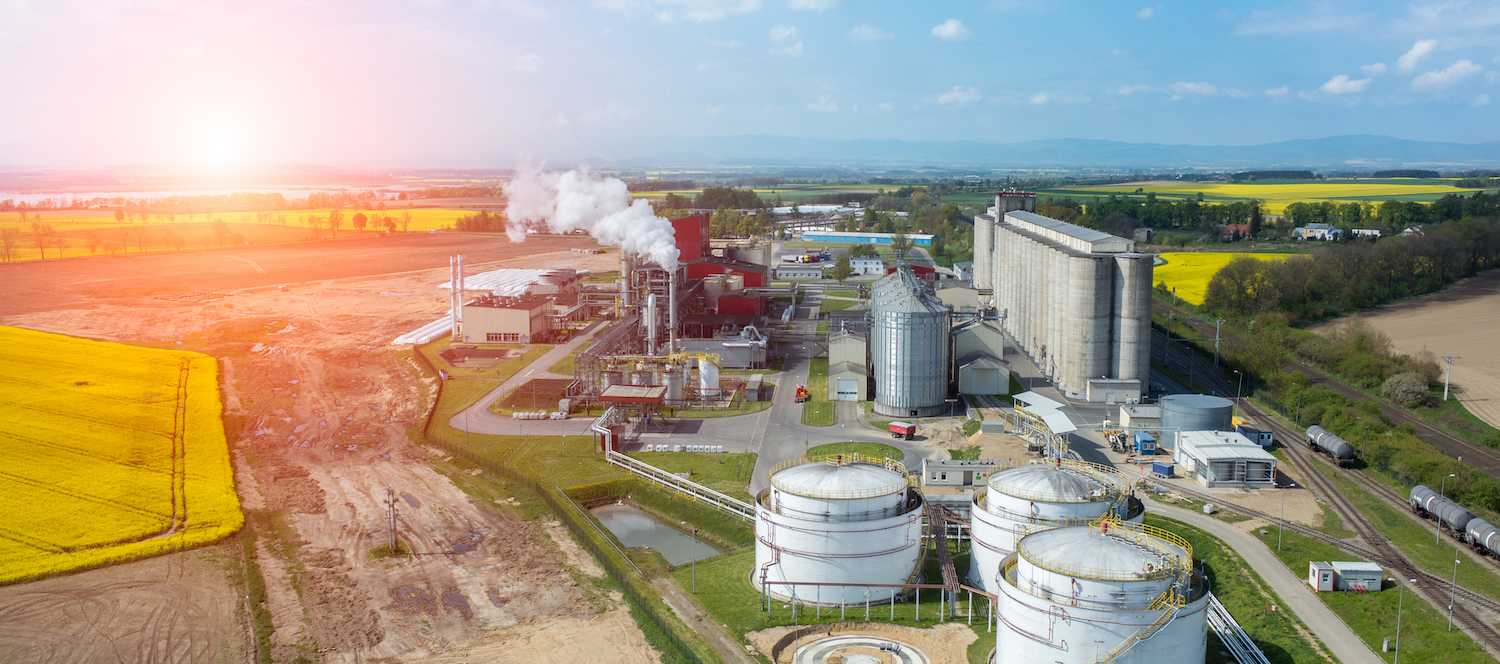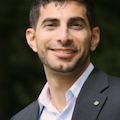
Event Details
- Tuesday, October 25, 2016
- 3:00-4:00 pm EDT
- Free
- Online
When are subsidies win-win for the environment and the economy?
Live Panel Discussion
On October 4th, the Ecofiscal Commission released its latest report, Course Correction: It’s Time to Rethink Canadian Biofuel Policies. The report finds that biofuel policies reduce GHG emissions but at a very high cost. It therefore recommends that the federal and provincial production subsidies for biofuels be terminated, as initially planned.
During this live event, the panelists will discuss which subsidies can improve the environment in a cost-effective manner and which are either ineffective or too expensive to constitute good policy. Is it possible to design a subsidy that gets the balance right? We’ll find out.
Moderator

Chris Ragan
Chair, Canada's Ecofiscal CommissionMcGill University, Department of Economics
Expert Panel

Amin Asadollahi
Climate Change Mitigation Lead – North America, International Institute for Sustainable DevelopmentPrior to joining IISD, he worked as the oil sands program director at the Pembina Institute and held senior advisory positions at the federal departments of Natural Resources and Environment and Climate Change. Amin has a wealth of knowledge and experience in sustainable resource development, clean energy and trade policy, and has provided advice to governments, energy sector clients and non-governmental organizations. He has worked on energy and environmental policies, contributed to the design and delivery of federal funding programs valued at over a billion dollars, and facilitated multistakeholder and cross-juristictional discussions. Amin holds a Master of Arts degree in public policy and public administration from Concordia University and an honours baccalaureate in political science from the University of Ottawa.
Amin is an avid camper, downhill skier and an outdoors enthusiast, with a passion for the environment and animal welfare.

Martha Hall Findlay
President and CEO, Canada West FoundationMartha is a thought leader whose insight on issues such as pipelines, international trade, foreign investment and foreign affairs, energy and the environment, and supply management have framed the debate for decision-makers and everyday Canadians. Her career has been diverse, spanning law, technology, politics and public policy.
Previously, Martha was the Chief Legal Officer of EnStream, a Rogers/Bell/TELUS mobile payments joint venture. As a lawyer, senior business executive and successful entrepreneur, Martha has more than 25 years of domestic and international experience with major multinationals as well as startups, primarily in telecommunications and technology.
As an Executive Fellow at the University of Calgary’s School of Public Policy, Martha focused on Canadian economic, social and environmental prosperity in a global context.
She was a member of Parliament from 2008 to 2011, and served as a member of the House of Commons Standing Committees for Finance; Transport; Government Operations and International Trade.
Martha has served as a board director and executive for several policy, environmental, community and cultural organizations, including the Couchiching Institute on Public Affairs; the Canadian Centre for Responsibility to Protect (CCR2P) at University of Toronto’s Munk School of Global Affairs; the Georgian Bay Association and Alberta’s CKUA not-for-profit radio network. She is currently Vice-Chair of the Board of Alpine Canada; a member of the Advisory Council for the University of Ottawa’s Positive Energy project; and is a member of the Advisory Council for the New York Global Leaders Dialogue.

David Popp
Professor and Ph.D. Program Coordinator, Public Administration and International Affairs, Syracuse UniversityAsk a Question
Tweets about #ecofiscal #subsidies
